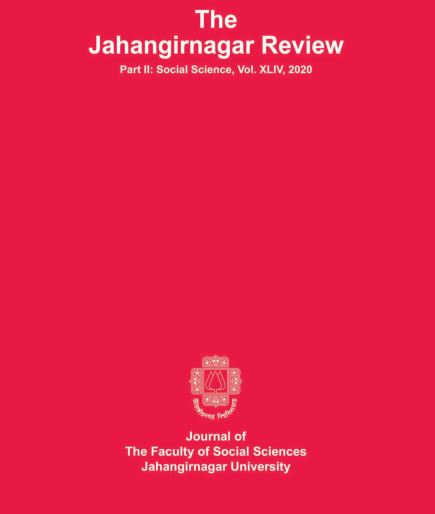Open Space in Dhaka: Identifying the Factors of Public Inaccessibility
Main Article Content
Abstract
An open space can only become successful by ensuring accessibility accurately. In the language of planning, open space can only become successful after achieving accessibility for each and every people of society. Increasing demand for housing and other facilities from rapid population growth has been a strong reason for the decrease in open spaces. This study tries to represent the existing open space accessibility condition of Dhaka city, by studying a playground and a park. To explain the aspects of accessibility, this research focuses on public accessibility instead of place accessibility. Several reasons behind inaccessibility, such as- social, economic, cultural, and environmental aspects have been discovered in detail. In regard to determining the prohibiting factors, both user and non-user group data have been assessed from a fixed catchment area. Factors that affect the people most with its impacts and create inaccessibility in spite of having open spaces in close proximity are the main issues focused on this article. Along with the primary survey results of a playground and park, this study has also included model-based theories to determine the findings. Findings show that accessibility declines mostly for safety issues, restrictions, and close association with travel expenses to reach there. The ultimate output of the research can be stated in one sentence that, accessibility is not only the thing which can only be described by proximity or physical distance but also public accessibility, which is the most significant determinant for using any open space.

